Getting started with cloud security: A beginner’s guide
By Alex Hawkes|8 February, 2024
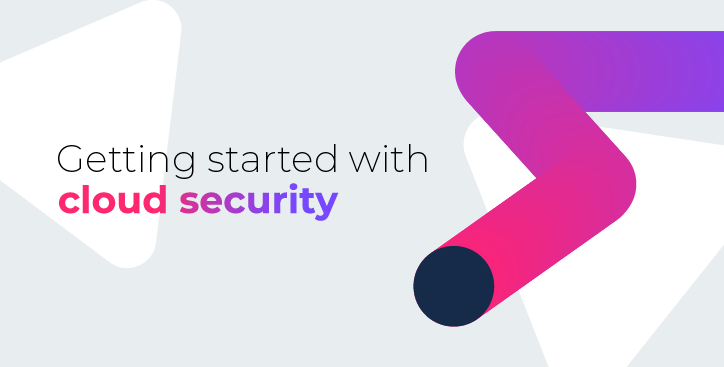
Since its commercial inception in 2006, cloud computing has revolutionised business and industry. Cloud infrastructure is supporting previously unseen levels of flexibility and productivity, and allows businesses to quickly adopt new practices, like large-scale work-from-home programs during the global pandemic lockdowns.
And whilst cloud solutions have been widely adopted, with an estimated 60% of all business data now stored in the cloud, there are still concerns about data leaks. After all, high-profile data breaches are still making the headlines.
Whilst cloud solutions bring many benefits, breaches can happen, risks are present, and data security has never been more important.
To help you get a handle on data security for your organisation, here we explain what cloud computing security is, what cloud security services are and why it’s important. We’ll also look at the steps your organisation can take to maximise security and minimise the risk of breaches.
What is cloud security?
Cloud security is a set of technologies, software tools, procedures, rules, and best practices that are used to protect cloud services and stored cloud data from access by prohibited people and parties.
Whilst the latest technology can be vital for protecting cloud services, cloud security is just as much about employee education and instilling good practices, as things like weak passwords and lapses in judgement can easily lead to security breaches. It’s no coincidence that hackers most often target people rather than technical vulnerabilities, seeking to extract access via “social engineering” or “human hacking”.
Why is cloud security important?
Your organisation may store sensitive data and critically important documents on cloud servers, and the access of this data by unauthorised parties could be immensely damaging.
Client and customer details could be taken, strategy and planning documents stolen, intellectual property acquired, and more. As well as the direct financial cost caused by such losses, your organisation's reputation could be harmed if and when breaches become known to your customers and potential customers.
Many organisations also use cloud services to host important applications, business processes and databases. Any disruption that results from hacking or breaches can cause the day-to-day activities of a business to grind to a halt.
Boosting cloud security involves implementing a combination of best practices, robust policies, and utilising available security features provided by cloud service providers. Consider the following as steps your organisation can take to enhance its cloud security:
Audit your cloud service providers
When choosing a provider of cloud services, your organisation should take the time to compare the security measures offered by each (e.g. Google Cloud, Microsoft Azure, Huawei Cloud etc.) to make sure they’re adequate and that they meet your requirements. The more secure your cloud provider, the safer your organisation’s data and processes will be.
Use the security services your cloud providers offer
Take advantage of any in-built security services offered by your cloud service provider, such as firewalls, intrusion detection and prevention systems, security groups, and access control systems. This should be the first step in your organisation’s cloud defences.
Employ data encryption
Encryption is a way of encoding data so that it can’t be read or otherwise understood by a third party. Only people who have an encryption key can decode the data and turn it back into a usable form.
It’s recommended to use data encryption on all data that’s stored on cloud servers, so that even if that data is stolen, it’ll be unreadable. Some cloud service providers will offer data encryption as a part of their security measures, but if not, your organisation will need to introduce its own encryption software for stored data.
Segregate data
Not all of your data is as sensitive as others. Many cloud services allow more restricted data to be segregated and only accessed by a small number of users with privileged access. Restricting more sensitive data can ensure that only the people who need it can access it, minimising the potential for breaches, accidental or otherwise.
Use multiple cloud services
In addition to segregating data, different areas of your organisation’s data can be stored with different cloud services offering varying levels of security.
For instance, with hybrid cloud computing, a mix of public, private, and on-site storage solutions can be employed together. The least sensitive data may be stored on-site, moderately sensitive data may be stored on public cloud services, whilst the most important data could be stored on a private cloud supported by a dedicated data centre.
Using multiple cloud solutions in this manner can ensure that losses will be minimised in the case of breaches, and that resources can be dedicated appropriately to different levels of security.
Keep systems and software up to date
Cyber threats can be mitigated against with software updates and patches. Make sure you have ways to keep software and systems continually updated to ensure your organisation is as protected as it can be.
Implement password best practices
Your organisation can have the best, most current security software, but those investments can be undone with poor password practices. Weak passwords is one of the most common ways hackers gain access to cloud data.
Implement the best practices in password management in your organisation, including:
- Using complex, lengthy passwords that include lowercase and uppercase letters, numbers, and special characters
- Using different passwords for different accounts/software
- Never sharing passwords or writing them down where they can be easily discovered
- Introducing and using password managers
- Introducing multi-factor authentication
Educate your employees
Systems are only as strong as their weakest links, and educating employees on matters of cyber security can help ensure that lapses in judgement don’t lead to costly data breaches. As well as introducing best practices for passwords, you should also provide training on other cyber security matters. This should include how to recognise and avoid phishing attacks, how to use cloud security services, and how to use data encryption.
Hire a dedicated cloud security specialist
If you’re going to invest substantial resources in cloud computing, it can pay dividends to also invest in a dedicated cloud security specialist. A security expert can help your organisation avoid threats, implement the latest security measures, and can stay abreast of the latest practices and developments in cyber security.
What does secure cloud computing look like for your organisation?
Different businesses use cloud services in different ways. But whether you belong to a multinational business using hybrid cloud solutions or you work for a small organisation that uses a single cloud backup service, many of the approaches recommended here will be equally as important when it comes to maintaining effective cloud security.
Console Connect’s cloud connectivity solutions enable you to bypass the public internet and connect directly to leading cloud providers, eliminating many of the common security concerns associated with the public internet.
Improve your cloud network security and easily scale your global connectivity through our easy-to-use, Network-as-a-Service (NaaS) platform.

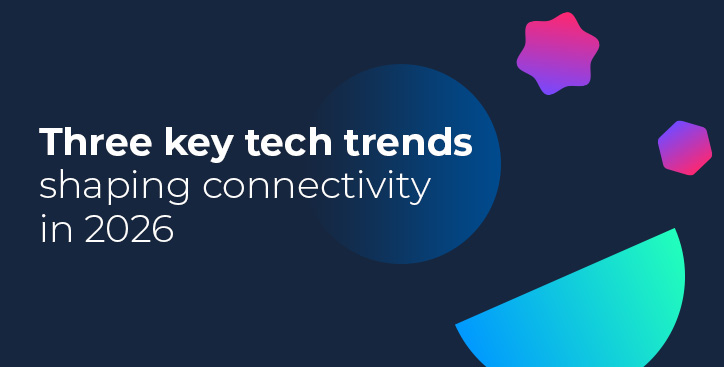

.jpg)
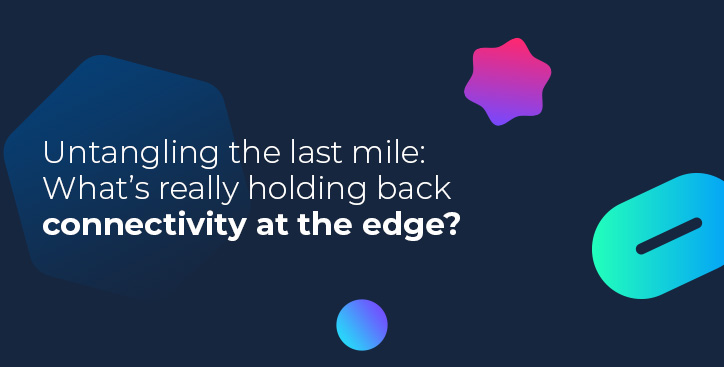
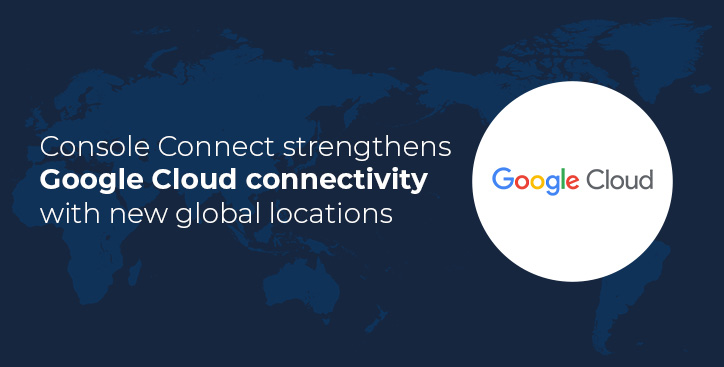
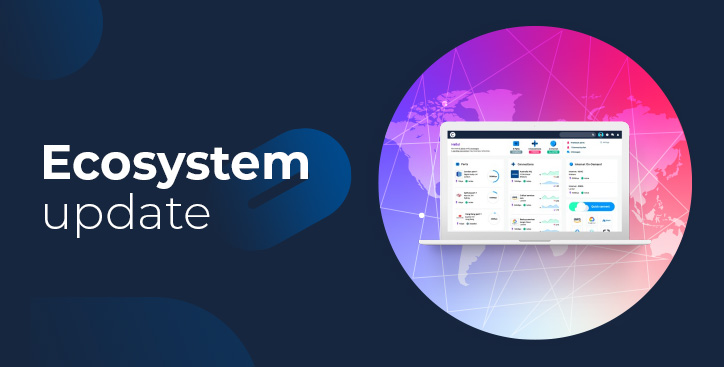
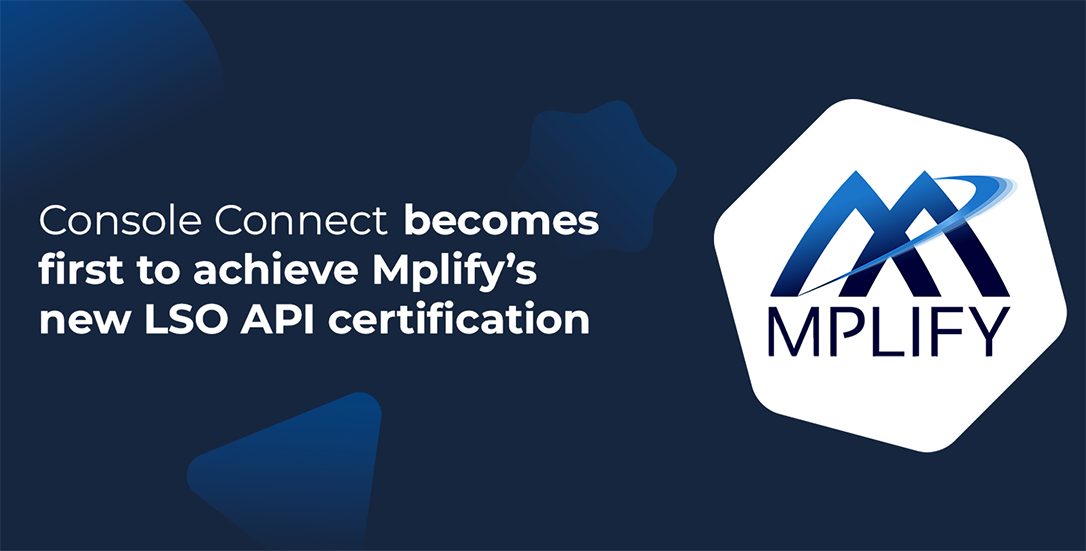

.jpg)